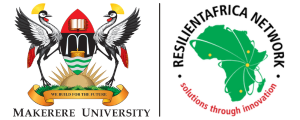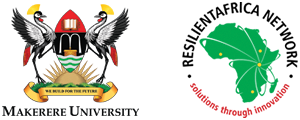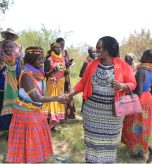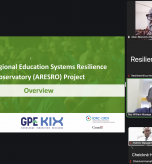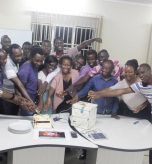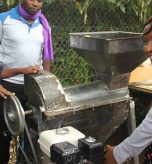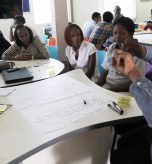
The Technovation Challenge is a technology entrepreneurship program and competition for young women. This program teaches these young women to build mobile applications to solve community challenges where they live. Professional women mentor teams of 3 to 5 girls aged 18 and below and together they go through the online curriculum over a period of three months. The program, which has no direct costs to the participants, equips the girls with technical and entrepreneurial skills, with a goal of creating a mobile phone app that they can take to market. The teams first pitch their apps to a panel of regional judges and winners of regional challenges are invited to the World Pitch Night in Silicon Valley. The winning team receives $10,000 USD to productize their app. The Global Theme for 2015 targeted developing an app to solve a real problem in their community.
Together in partnership with the College of Engineering, Design, Art and Technology (CEDAT) under the Science Technology Engineering and Mathematics (STEM) Coalition RAN hosted the National Technovation Challenge. The Technovation Challenge is a 12 Week Program in which teams of secondary school and university young ladies are tasked to develop mobile apps. The 2015 theme was “Solve a problem in your local community”. Last year, the teams were introduced to the Resilience Innovation Challenge 4 Advance Climate (RIC4ACE) challenges as a source of additional challenges they could consider working on. Participating teams were from: Busitema University, Kisubi Brothers University College, Makerere University, Mbarara University for Science and Technology, Gayaza High School, Kyambogo College School, Lira Town College, Makerere Modern Secondary School and Maryhill High School.
The National Technnovation Challenge/Regional pitch was held at the RAN Eastern Africa Resilience Innovation Lab on June 4 and 5 2015 starting 1:00pm to 5:00pm and 8:00am to 3:00pm respectively.
The 2015 National Theme “Local solutions for community development “was specifically crafted to involve and appreciate the multi-disciplinarity of the various participants in regards to tackling community challenges. We recognize that our communities’ challenges cannot be solved by technology alone and hence collaborate with scholars and innovators from other fields and disciplines of specialization in an effort to generate solutions directed towards addressing these challenges.
